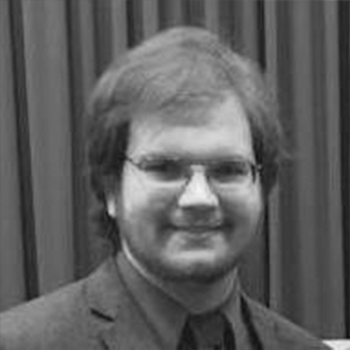Ivy League course chews on 'racial otherness'
Princeton University will be offering a course on “Literature, Food, and the American Racial Diet” during the spring 2019 semester.
English professor Anne Cheng, who incorporates “critical race studies” and “feminist theory” into her analyses, will teach the course. The course will explore “how ‘taste’ informs the ways in which we ingest or dispel racial otherness,” noting that “food, like books, is the site of our greatest consumption of and most vulnerable encounter with ‘otherness.’”
Students enrolled in the class will “study how the meeting of food and word inform categories such as race, nationhood, gender, ecology, and family, and class.”
The course will cover topics such as “transcendental primitivism,” “modernist orientalism,” “chocolate women on the edge,” and “ecology and the humanimal,” among others.
[RELATED: Racial, ‘food justice’ cooked up at summit]
Princeton has offered “Literature, Food, and the American Racial Diet” at least twice before, according to a July 2015 article on the university’s website.
“The challenge of this class is to think about the relationship between race and food beyond that of a simple equation between food and identity, beyond a cultural tourism, where one imagines that you get to take in another culture simply by eating its food,” Princeton arts and humanities writer Jamie Saxon says.
The same article describes one of the course readings, the novel The Bluest Eye by Princeton professor emerita Toni Morrison, as a “complicated tale about white beauty and racial preference and their impact on black women and girls.”
One of the characters in Morrison’s book wishes she had blue eyes, thinking them a sign of “approbation,” while “another girl destroys white dolls out of a fierce sense of self-preservation.”
[RELATED: Oberlin students say cafeteria food is racist, protest leaders should be paid]
“All these forms of emotional hunger and social consumption get played out through conceits about food,” Saxon continues, explaining that one character views eating “Mary Jane” candies, whose wrappers depict a blonde white girl, as “imbibing white beauty” in a “complicated moment of internalization” that “dramatizes both an act of self-fulfillment and self-erasure.”
Princeton sophomore Akhil Rajasekar, who is also founder of the school’s conservative Federalist Society chapter, discussed “Literature, Food, and the American Racial Diet” with Campus Reform, stressing that his statement reflects his view and not that of the Federalist Society.
”We should stop trying to shoehorn identity politics into the academy by inventing buzzwords that sound important but mean nothing,” Rajasekar said. “History is something we’re given and, contrary to the [ideology of the] revisionists, cannot be altered by any number of ‘hot takes’ from Vox or Slate. Yes, most aspects of modern life have ‘white,’ Western roots, especially if you live in the West. Get over it.”
”The best way to change history is to create it in the present, not conjure excuses for remaining in a status quo we are all born into,” the student told Campus Reform. “And the only history one can make by being indoctrinated with meaningless political buzzwords focused on identity politics is a bad one.”

